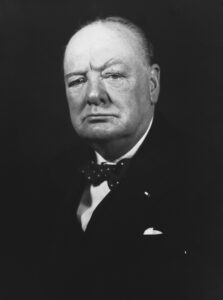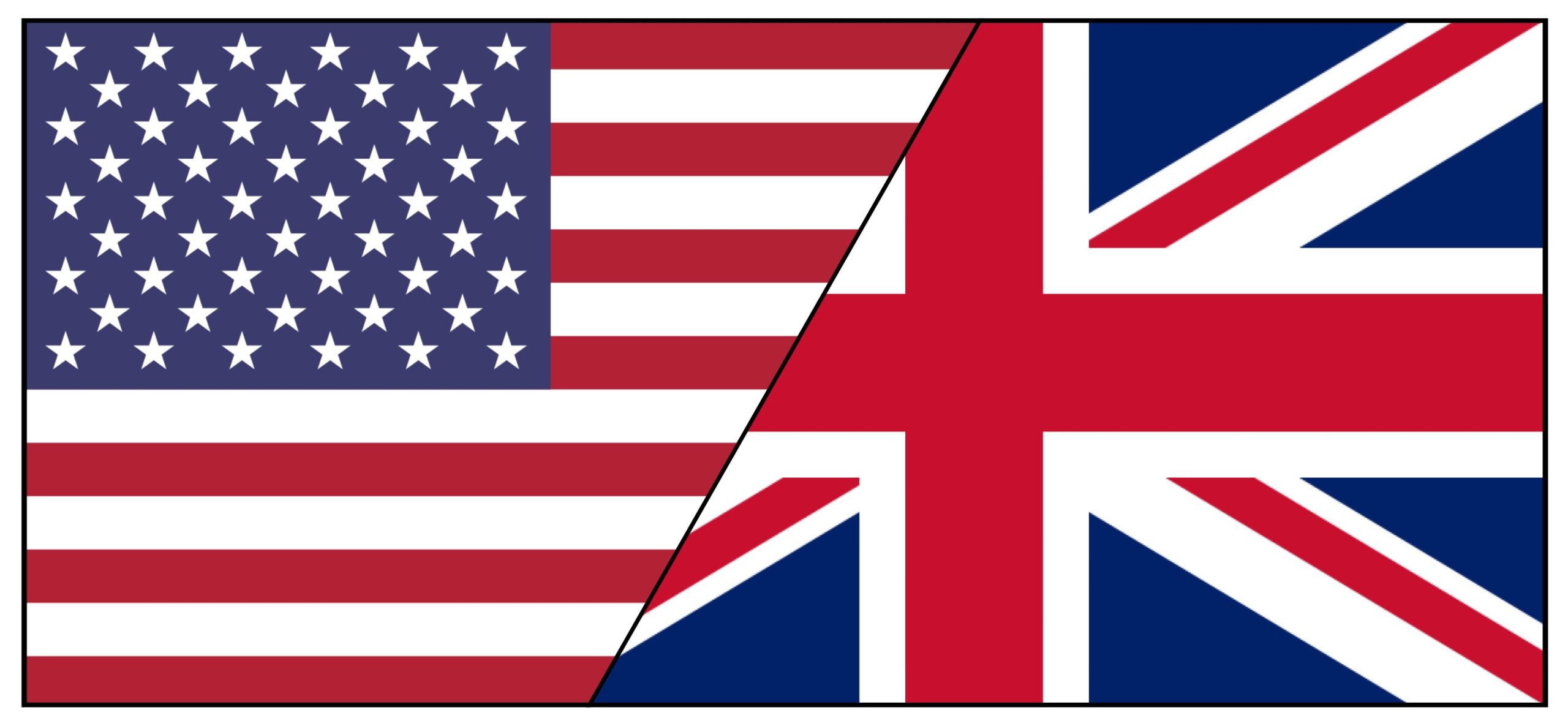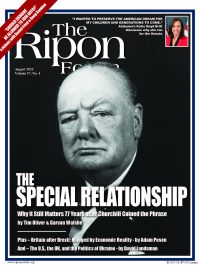
President Biden’s recent visit to the UK, a stop-over on his way to the NATO summit in Lithuania, triggered British angst about whether the UK and U.S. still have a “special relationship” (Biden had not turned up for King Charles’s coronation). Like so much in the British view of its role in the world, the term is Churchill’s (which he coined in a 1946 address in Fulton, Missouri). Yet the rhetoric is underpinned by a culture of practical cooperation that the U.S. does not have with any other ally. Countries like France may share the UK’s skills, or Canada its geopolitical world view, but no single other country has both.
This shared outlook and cultural fit mean that for the Special Relationship to end, six highly unlikely things would have to happen: the UK would decommission its nuclear weapons and submarines; London would give up having a global intelligence service; the British military would abandon efforts to align key capabilities with those in the USA; Churchill’s grip on Britain’s worldview would fade; the English speaking world would no longer be the focus of so much in British politics and society; and the security and stability of Europe would not be in doubt.
The operational core of the Special Relationship rests on collaboration in intelligence, special forces, and nuclear weapons. In these three areas, the UK and U.S. give each other trust they extend to no one else. The trust is maintained not by presidents and prime ministers, but by officials and military personnel working closely together, as they have done for decades.
The term is Churchill’s, yet the rhetoric is underpinned by a culture of practical cooperation that the U.S. does not have with any other ally.
It is founded on the most intimate of international exchanges — nuclear weapons expertise, which goes back to “TUBE ALLOYS,” as the British involvement in the Manhattan Project was encoded. Today, Britain’s nuclear deterrent relies on access to 58 missiles from a shared pool of Trident II (D5) missiles. Britain provides its own warheads and submarines, but the missile system is American-designed and maintained.
The biggest threat to this is not a desire to break from the USA, or U.S. opposition to continuing to share missiles, but Scottish independence. The Scottish National Party — whose political success led to Scotland’s 2014 referendum on independence — has long been clear that an independent Scotland would no longer be the home of Britain’s nuclear deterrent. The lack of an immediate alternative location (especially for storing the warheads) elsewhere in the UK could mean the end of Britain as a nuclear power.
But even if the UK were to lose its nuclear weapons, the recent AUKUS agreement between Australia, the UK, and the USA would mean continued close cooperation between the post-Scotland UK and U.S. submariners, engineers and officials. The deal — reputedly designed to last 100 years — revolves around close cooperation on nuclear submarines (but not nuclear missiles) and other defense technology, such as hypersonic weapons.
It boosts the UK’s role in the Pacific, something UK policy makers have been keen to push. It also enables the U.S. to work closely with two countries with whom it shares a close strategic and operational outlook. Through AUKUS, the UK has become the USA’s staunchest European ally in its plans to deter China across the Pacific.
Nor is the UK about to give up on intelligence and special forces. The close working relationship between the UK’s Government Communications Headquarters (GCHQ) and the USA’s National Security Agency (NSA) is often, for understandable reasons, hidden from sight. The shrinking British military has had to specialize, with a focus on interoperability with U.S. forces and those of a few other NATO allies. There is no desire in the UK to limit intelligence capabilities.

The operational core of the Special Relationship rests on collaboration in intelligence, special forces, and nuclear weapons.
Ending the relationship would also require more than the tearing apart of the day-to-day operations. The UK would have to give up on essential cultural links.
First would be moving on from the Anglo-American statesman whose views still defines so much of the UK’s worldview — Winston Churchill. While U.S. foreign policy debates can be defined by four archetypes (Hamiltonian, Wilsonian, Jeffersonian and Jacksonian), an Anglo-American Churchillian outlook dominates British foreign policy to such an extent that as the historian Timothy Garton Ash has argued, “all British foreign policy since 1940 has been footnotes to Churchill.”
Churchill framed the UK’s place in the world through three overlapping circles, of which the UK’s relationship with the USA and the English speaking world was one, with Europe and the Empire being the other two.
This English speaking world retains such a hold on the outlook of many in the UK that it could only be broken if Britons started learning other languages. Talk of the ‘Anglosphere’ as a political or strategic actor is overplayed; but the emotional, cultural, and economic pull remains very strong. Britons have always migrated in larger numbers to the USA, Canada, and Australia than to the rest of the EU combined. Even when the UK was in the EU, British politicians often prioritized relations with their Democrat and Republican opposite numbers.
Finally, Brexit, the most important issue in British politics, has strengthened the specialness of the relationship, at least in British eyes. The UK market is now in play in the wider game of regulatory competition between the U.S. and EU, with an opportunity for Britain to escape Brussels’ clumsy constriction of innovations in Artificial Intelligence. Polling tells us that moving the UK market away from the EU’s regulatory ecosystem is not something Britons are keen on, but that won’t stop efforts by either the USA or some in UK business who want to see Britain diverge from Europe.
Finally, there’s the issue — and here we find that Anglo-American Churchill at play again — that bound the UK and USA together in World War II and the Cold War: European freedom. Russia’s invasion of Ukraine reminded many in Britain that the country’s first and foremost foreign policy goal remains a Europe wholly free. Since World War II the Special Relationship has been indispensable to keeping the USA committed to NATO.
It remains so today.

Tim Oliver is Director of Studies and Senior Lecturer for the Institute for Diplomacy and International Governance at Loughborough University London. Garvan Walshe serves as Director of Communications for the European Policy Centre in Brussels and is a former policy advisor to the British Conservative Party.




